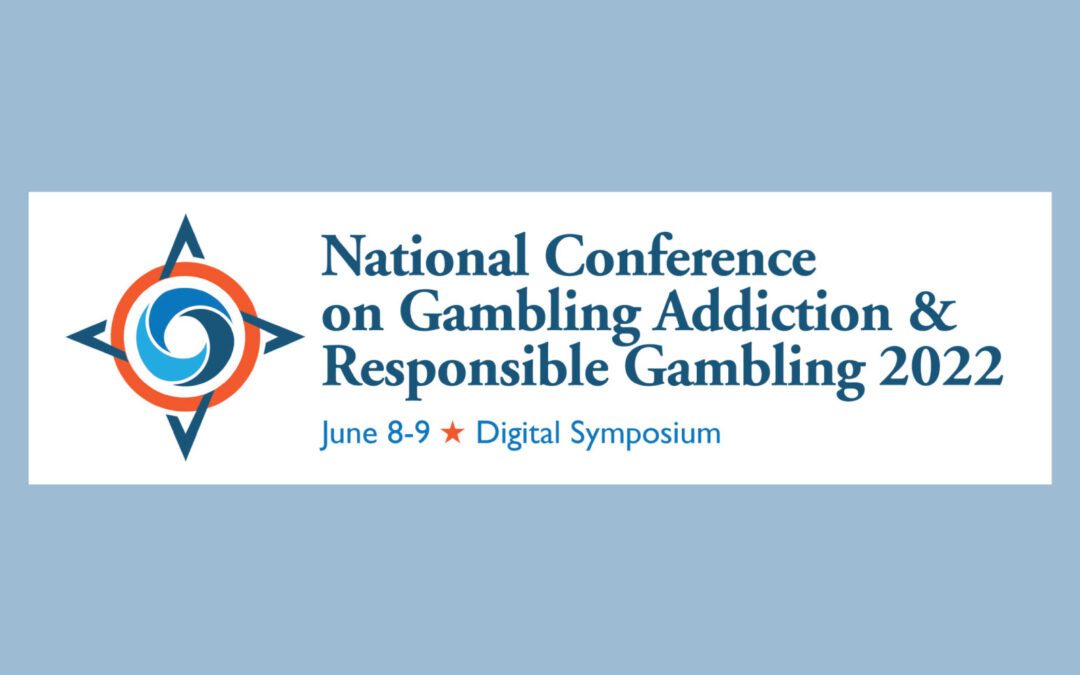Susan Sheridan Tucker provides a breakdown of the pre-conference sessions provided by the National Council on Problem Gambling on June 8-9.
One of the unanticipated benefits of the COVID pandemic is the variety of excellent content available on virtual platforms. NCPG has pivoted to providing conference content via Zoom for the past two years. This year, while committed to meeting in person in Boston in July, two half-day virtual sessions were added for those seeking CEUs who might not be able to travel and for those seeking supplemental information to the in-person conference.
This year, 30-minute sessions were offered on an array of topics. The first day’s sessions included:
- Updates on this year’s past legislation.
- The not-to-be ignored rise in women sports betting.
- Black women sharing their recovery stories and how they carved out recovery paths that met their cultural needs.
- The ability to track markers of harm for online gamblers and what some operators are doing to communicate with players with problematic gambling.
- The promotion of International Gambling Counselor Certification Board (IGCCB)-approved gaming disorder training.
- A provider’s ruminating over lessons learned in creating a problem gambling treatment program from scratch and living to tell the tale.
- An awareness alert about gambling activites in the expanding metaverse – the creation of casinos and other gambling venues within virtual worlds in which one’s aviator is actually engaged in gambling activities.
The second day did not disappoint. The sessions included:
- The Massachusetts Council explained how it has instituted remote self-exclusion applications in conjunction with its successful Game Sense program.
- Descriptions of the emotional rollercoaster a family experiences when living with a person with problem gambling.
- Learning what a public health response to sports betting looks like in the state of Maryland.
- A summary of the wildly diverse and disjointed implementation of sports betting and regulations in 25-plus states.
- Building and implementing diversity, equity and inclusion into community outreach practices in the state of Massachusetts.
- The announcement of the new national helpline number, 1-800-GAMBLER, and the NCPG modernization project that will improve services for states without their own helplines and improve transitions to ensure anyone who calls is directed to their appropriate state helpline. (See separate article on 1-800-GAMBLER.)
The programs were stimulating, always leaving me to ponder how we can do better in Minnesota. It also left me a bit envious of some of my colleagues in other states who are provided appropriate funding for their problem gambling programs, integrating care, services, research and, above all, are able to acknowledge and respond to gambling disorder as a public health issue.

